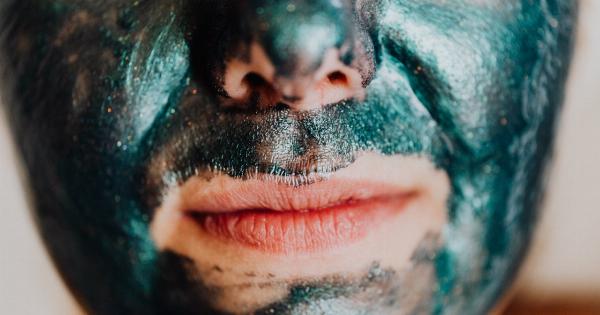Acne is a common skin condition that affects about 85% of people at some point in their lives. While it’s often associated with puberty and adolescence, acne can affect people of all ages.
The underlying causes of acne are complex, and there’s no one-size-fits-all solution.
However, there are several common triggers that can make acne worse, and by avoiding these triggers, you may be able to improve your skin’s overall health and reduce your risk of breakouts.
1. Poor Diet
There’s some evidence to suggest that certain foods can trigger or exacerbate acne, particularly those that are high in sugar, refined carbohydrates, and saturated fats.
While more research is needed, it’s generally a good idea to stick to a healthy, balanced diet that includes plenty of fruits, vegetables, and whole grains, and to limit your intake of processed foods, sugary drinks, and junk food.
2. Stress
Stress is a common trigger for acne, as it can cause your body to produce more hormones, which in turn can lead to increased oil production and clogged pores.
While it’s not always possible to avoid stress, there are several techniques you can use to help manage it, such as meditation, deep breathing, yoga, or exercise.
Speaking to a mental health professional may also be helpful if you find that stress is affecting your overall well-being.
3. Not Cleansing Your Skin Properly
Not cleansing your skin properly can lead to a buildup of oil, dirt, and bacteria, which can clog pores and lead to breakouts.
It’s important to cleanse your skin twice a day with a gentle, non-comedogenic cleanser, particularly if you wear makeup or have oily skin.
4. Over-Exfoliating
Exfoliating can be a great way to remove dead skin cells and unclog pores, but it’s important not to overdo it. Over-exfoliating can irritate your skin and lead to dryness, redness, and inflammation, which can actually make acne worse.
To avoid over-exfoliating, it’s best to limit exfoliation to once or twice a week, and to use a gentle, non-abrasive exfoliant that’s appropriate for your skin type.
5. Using the Wrong Skincare Products
Using skincare products that are too harsh or not appropriate for your skin type can also trigger acne.
It’s important to choose products that are gentle and non-comedogenic, and to avoid anything that contains harsh ingredients like alcohol, fragrance, or sulfates.
6. Touching Your Face Too Much
Touching your face too much can also contribute to acne, as it can transfer bacteria, oil, and dirt from your hands to your skin.
To avoid this, try to avoid touching your face as much as possible, particularly if your hands are dirty or greasy. If you do need to touch your face, wash your hands first, and avoid picking at pimples or touching other areas where you have acne.
7. Not Getting Enough Sleep
Not getting enough sleep can also trigger acne, as it can lead to increased stress and hormone production, as well as decreased immune function.
To promote healthy sleep, it’s important to establish a regular sleep routine, avoid caffeine and other stimulants before bed, and create a sleep-friendly environment that’s dark, quiet, and cool.
8. Hormonal Changes
Hormonal changes, particularly during puberty, menstruation, or pregnancy, can also trigger acne, as they can increase oil production and lead to clogged pores.
While it’s not always possible to prevent hormonal changes, there are several treatments available that can help manage acne during these periods, such as topical retinoids, oral contraceptives, or spironolactone.
9. Genetics
Finally, genetics can also play a role in acne, as some people are simply more prone to the condition than others.
If you have a family history of acne, it’s important to be vigilant about your skincare routine and to seek help early if you notice any signs of breakouts.
By avoiding these common triggers, you may be able to improve your skin’s overall health and reduce your risk of acne breakouts.
If you do experience acne, there are several effective treatments available, so don’t hesitate to speak to your doctor or a dermatologist about your options.






























